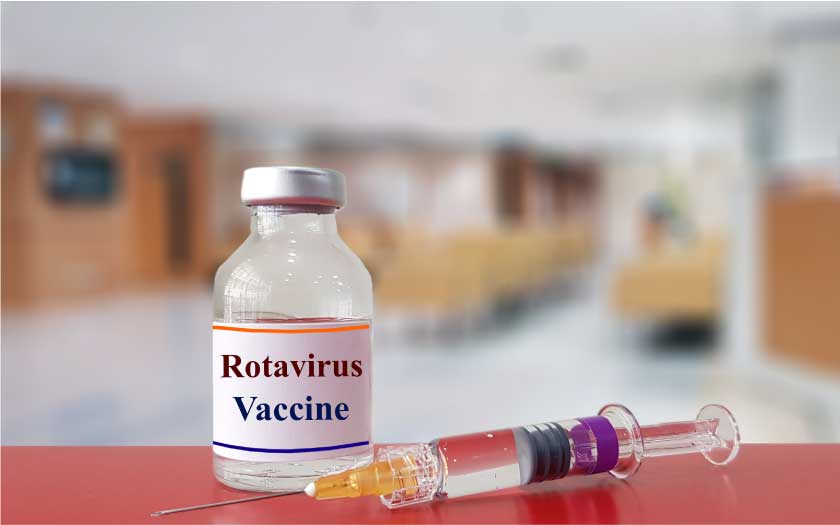BabyTalk interviewed Dr. Shalini Shanmugam, Consultant Pediatrician from Columbia Asia Hospital, Petaling Jaya on the subject of Rotavirus, and here is the outcome.
BT: What is Rotavirus and who is most at risk to get it?
Dr. Shalini: Rotavirus is a common stomach virus that is easily contracted. Children are most at risk especially those less than 5 years old.
BT: What are the symptoms of Rotavirus to look out for?
Dr. Shalini: Rotavirus causes symptoms such as fever, diarrhoea, and vomiting. The symptoms may be severe, with vomiting and diarrhea up to 10–20 times a day. This may lead to dehydration and other complications such as seizures.
BT: What should a parent do if he or she suspects that their child has Rotavirus?
Dr. Shalini: If a child is suspected to have Rotavirus, it is important to keep them away from daycare/school and even from their young siblings if possible. It can spread easily through close contact.
Ensure hydration of the child by giving fluids i.e. oral rehydration salts. Breastfeeding can be continued, or if they are on formula milk, it should not be diluted.
If a child is getting dehydrated i.e. passing less urine than usual, is lethargic and has a dry, coated tongue, then immediate medical attention should be sought.
BT: How does the Rotavirus vaccine work?
Dr. Shalini: The vaccine contains a weakened form of the virus which when administered, helps the body to build antibodies towards rotavirus. So the next time a vaccinated child comes into contact with the virus, his/her immunity is protected by the previously formed antibodies.
BT: What are the health and safety information that parents should be aware of in regards to Rotavirus?
Dr. Shalini: Rotavirus is common and it spreads easily. Despite having good hygienic practices, the disease may occur as the virus cannot be killed by hand soaps or household cleaning products. It can even live on toys and surfaces for weeks. This virus is also known to cause outbreaks at waterparks.
BT: Other than vaccines, is there any other way to prevent rotavirus?
Dr. Shalini: Yes, and they are as follows:
- avoid going to work/school/daycare until at least 48 hours after symptoms have subsided.
- wash hands thoroughly with disinfecting soap after using the toilet, changing diapers, before handling food, etc.
- wash contaminated items and disinfect frequently-touched surfaces.
- avoid sharing items such as cutlery, towels, etc among ill persons.
- ensure proper hygiene when handling food and drinks.
- dispose of soiled diapers etc properly to avoid contamination.
Featured image source: www.medicalxpress.com

Consultant Pediatrician,
Columbia Asia Hospital, Petaling Jaya


